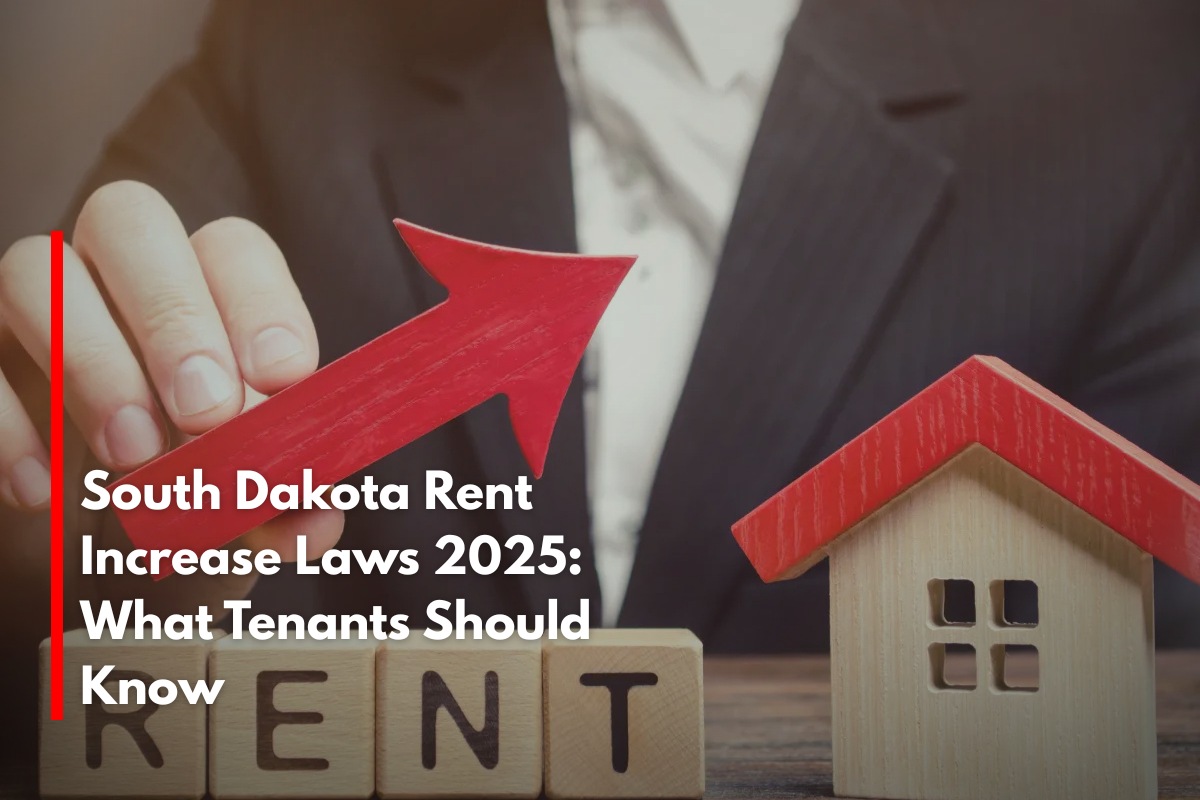Rent increase laws in South Dakota offer landlords wide flexibility, as the state does not impose rent control or caps on rent hikes. For tenants, understanding their rights and landlord obligations under state law is crucial to navigating rent changes smoothly. Here’s an overview of the current rent increase regulations that tenants should be aware of in 2025.
No Statewide Rent Control or Caps
Unlike many other states, South Dakota has no statewide rent control laws limiting how much a landlord can increase rent prices. Landlords have broad discretion to set rent amounts and can raise rent by any percentage unless restricted by lease terms or municipal ordinances, which are rare. This makes South Dakota a landlord-friendly state with minimal regulation on rent increases.
Rent Increase Notice Requirements
While there is no limit on the amount of a rent hike, landlords must provide proper notice to tenants before raising rent. The standard requirement is:
For month-to-month leases or periodic tenancies, a landlord must give at least 30 days written notice before a rent increase goes into effect. Notice should be provided before the start of the rental period when the new rent will apply.
For fixed-term leases (e.g., one-year lease), rent cannot be increased mid-lease unless the lease explicitly allows rent changes. Typically, increases occur only when renewing the lease.
The notice must be in writing and specify the new rent amount tenants will be expected to pay. Verbal or informal notifications like texts or emails may not qualify.
Tenants have the right to refuse paying the increased amount without proper advance written notice until the landlord complies with notice rules.
Illegal Rent Hikes: Discrimination and Retaliation
Rent increases that are discriminatory or retaliatory are illegal under federal and state law. Landlords cannot raise rent based on a tenant’s:
Race, color, religion, sex, familial status, disability, or national origin under the Fair Housing Act.
Exercising tenant rights, such as requesting repairs or filing complaints against the landlord.
If tenants suspect illegal rent hikes, they should document communications and may seek legal assistance. While rent amounts are generally unrestricted, rent increases tied to unlawful discrimination or retaliation are grounds for legal challenge.
Local Ordinances and Exceptions
South Dakota prohibits local governments from enacting rent control ordinances, so tenants generally cannot rely on additional municipal protections regarding rent hikes. Tenants should check any lease clauses for special terms about rent adjustments.
Practical Tips for Tenants Facing Rent Increases
Request all rent increase notices in writing and keep copies.
Review your lease to confirm when rent can be increased.
Know the state’s 30-day written notice requirement to verify timing.
Maintain records of any suspected discriminatory or retaliatory rent actions.
Communicate proactively with your landlord to negotiate or clarify increases.
In South Dakota, landlords enjoy broad freedom to raise rent amounts, but must still provide adequate advance written notice, typically 30 days. Tenants have protections against discriminatory or retaliatory hikes but otherwise face minimal regulation. Understanding these laws helps tenants anticipate rent changes and assert their rights responsibly. Renters should stay informed and seek guidance if they suspect unfair treatment in 2025.
Sources
(https://www.hemlane.com/resources/south-dakota-rent-control-laws/)
(https://ipropertymanagement.com/laws/south-dakota-rent-increases)
(https://www.steadily.com/blog/how-much-can-a-landlord-raise-rent-in-south-dakota)
(https://ipropertymanagement.com/laws/rent-control)
(https://www.steadily.com/blog/rent-increase-laws-regulations-north-dakota)











